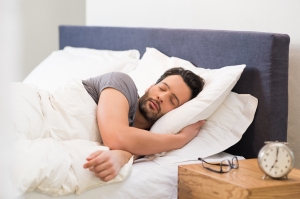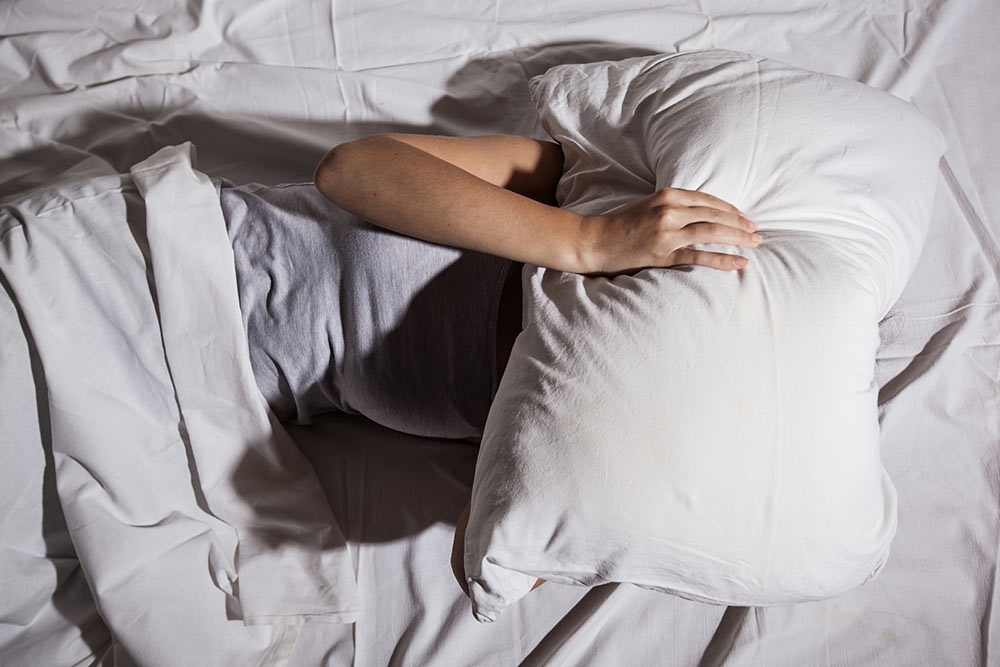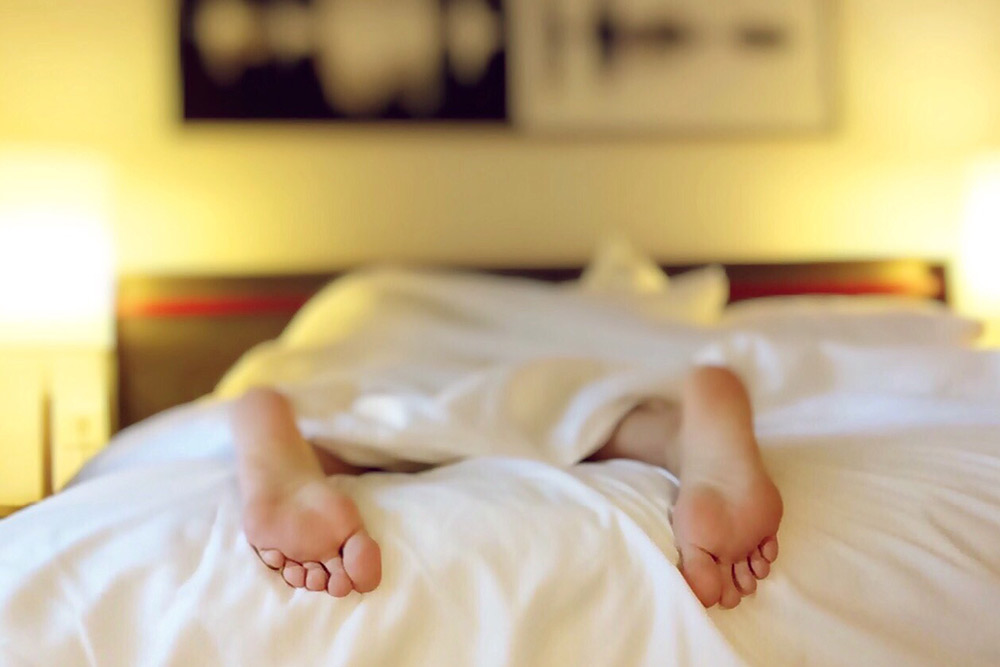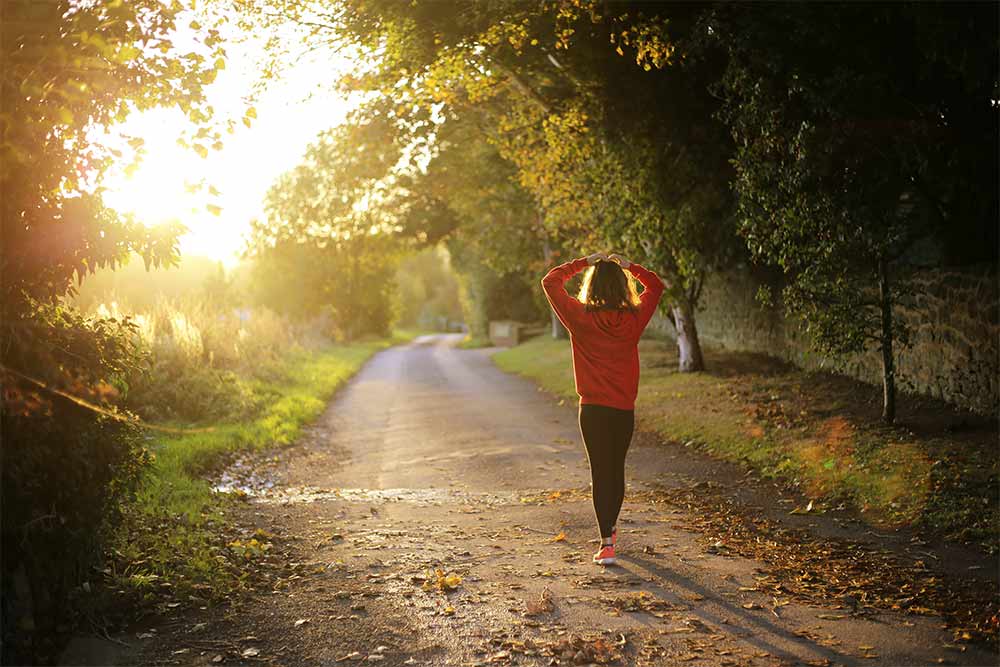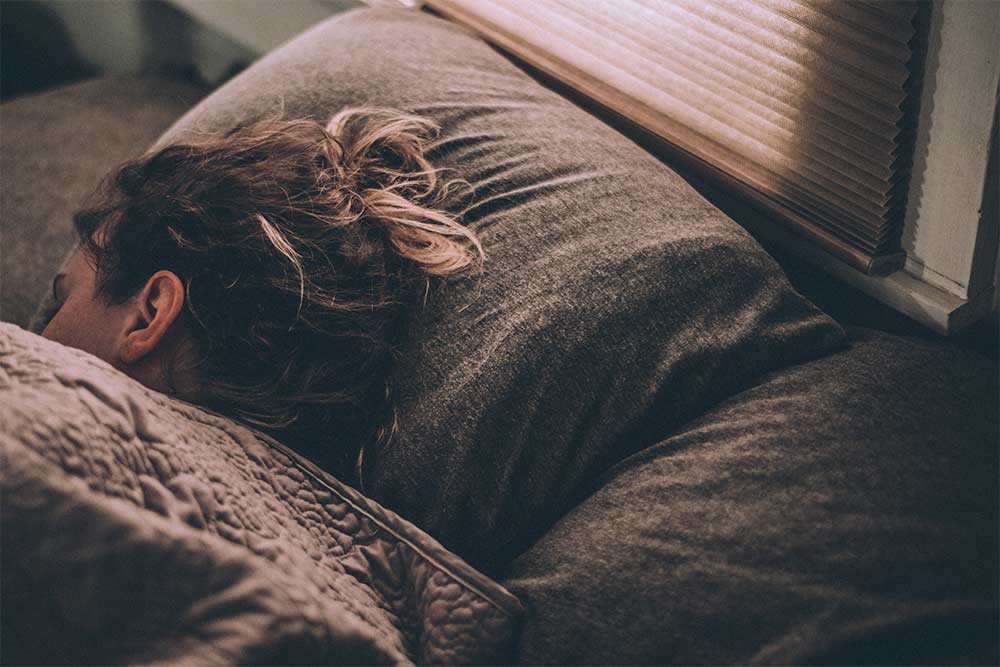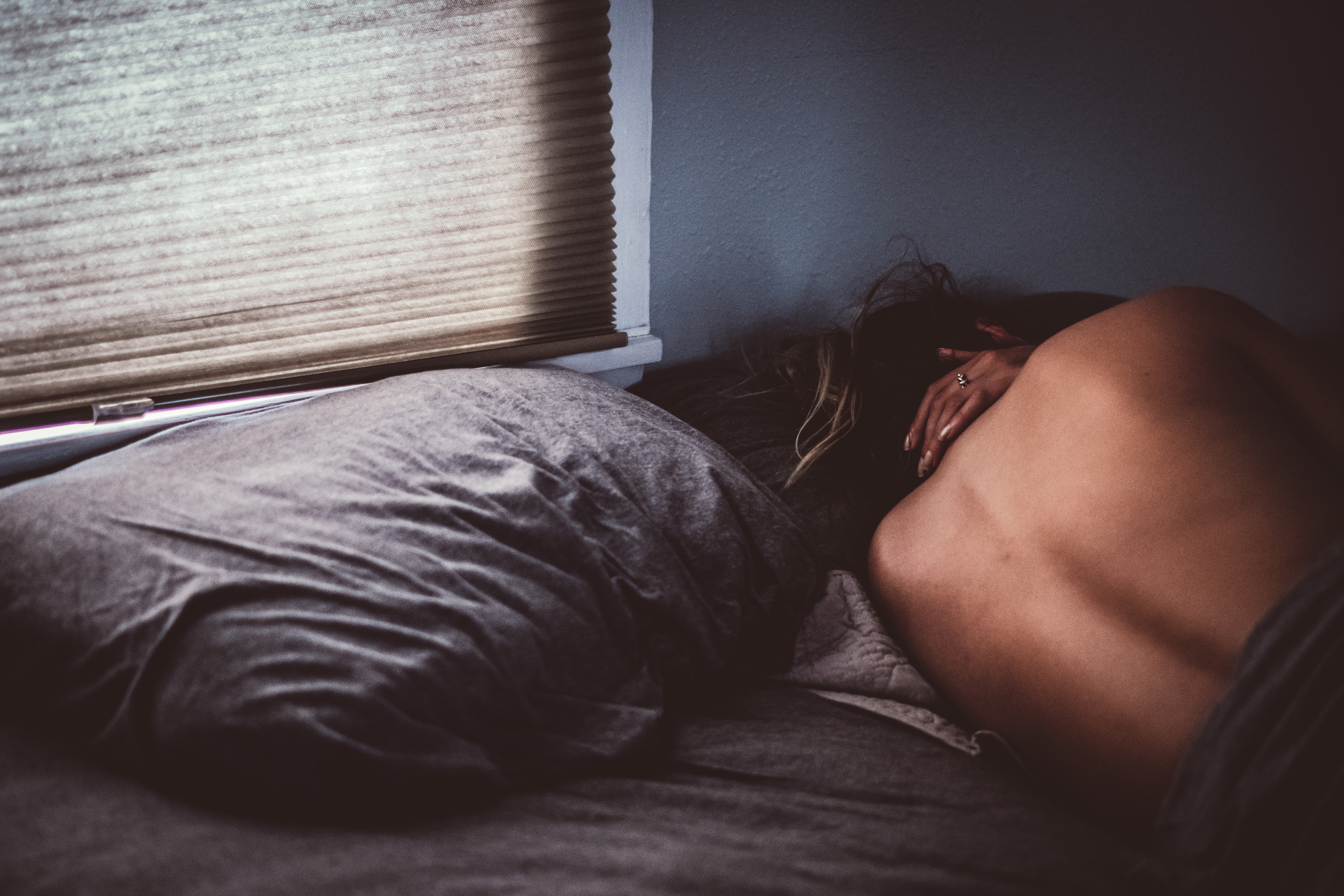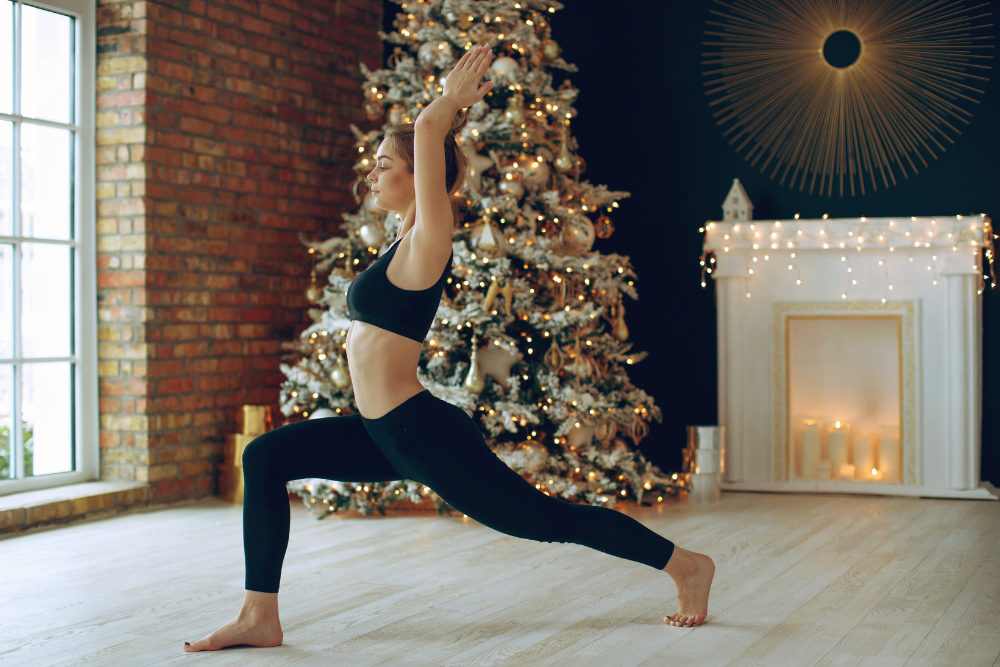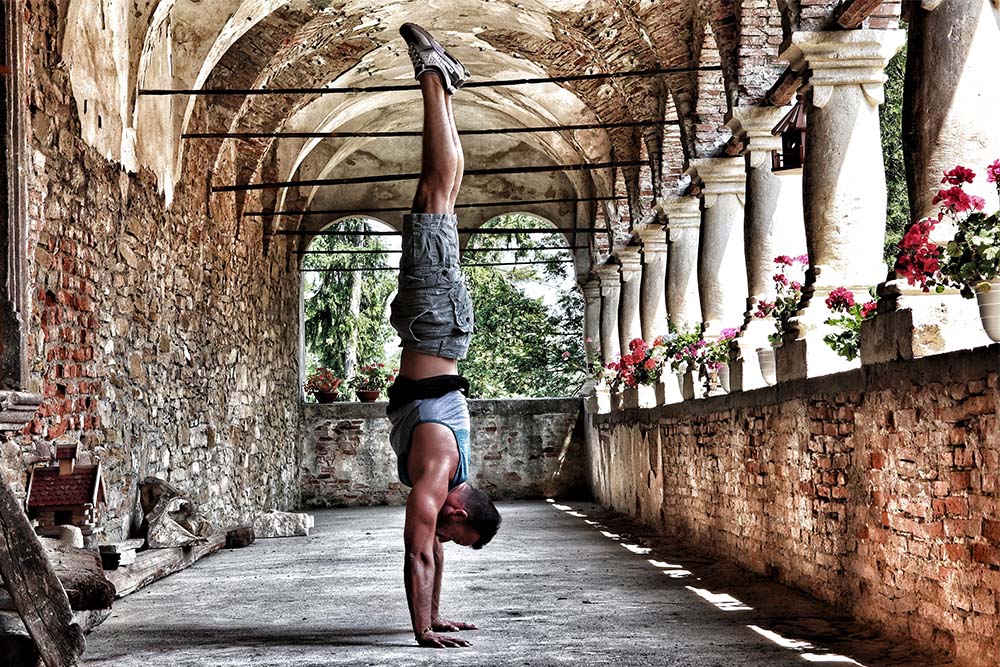Is Quality Sleep a Predictor for Sports Injury?
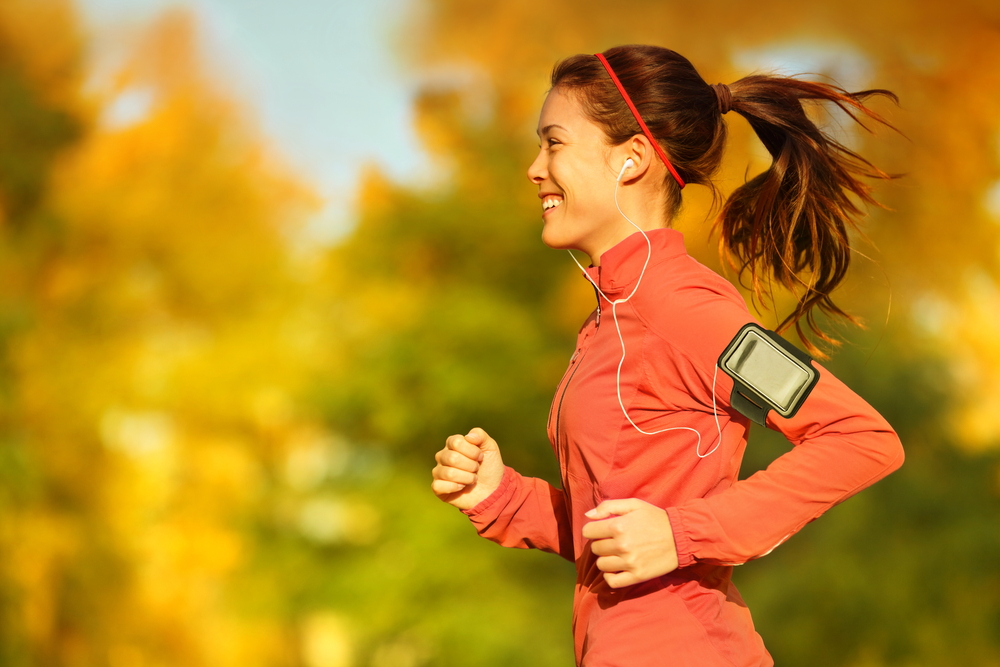
Hadley Seward – certified sleep consultant and certified health coach
Getting enough sleep should be a priority for everyone–for physically active people, it’s especially important. Lack of sleep can slow reaction time and make you less alert–but does it also mean you’re more prone to injury?
There have been several studies examining the link between sleep and sports injury in high school athletes. A 2014 study concluded that athletes who slept less than 8 hours per night were 1.7x more likely to become injured than those who snoozed 8 hours or more [1]. Another study from the University of California showed that student-athletes who slept less than six hours the night before a game were more likely to be injured [2].
Why would sleep have an impact on the potential for injury? In one word: recovery.
For people who engage in strenuous workouts, you probably know that it’s essential to avoid overtraining by varying both the muscles used and the types of workouts you’re doing. While this is quite important, athletic coaches and trainers increasingly have come to understand that sleep also plays a vital role in recovery time. While we sleep, our bodies repair microtears in muscles and release growth hormones that promote muscle regeneration. Without adequate sleep, this healing process can’t take place. For those who exercise regularly or engage in high-intensity training, not getting enough sleep could make injury more likely because the muscles haven’t had time to recuperate.
Related Article: Exercise Induced Sleep Improvements
Looking beyond the potential for injury, a new body of research is concluding that athletes who extend their sleep see a measurable improvement in their performance. Dr. Charles Samuels, Medical Director of the Centre for Sleep & Human Performance, says that “a critical relationship exists between physiologic recovery during the sleep state and an athlete’s ability to train at maximum capacity with optimal results” [3].
A 2011 study examined the effect of sleep on the performance of collegiate basketball players, tracking improvements after they had slept a minimum of 10 hours per night [4]. After two weeks, the players were able to sprint faster, shoot more accurately, and react more quickly. The same researchers later replicated similar results with athletes on Stanford University’s swim and tennis teams, all of which showed demonstrable improvements in performance [5].
We’re not all professional athletes, but nonetheless we should actively incorporate quality sleep into our training regimens. If you’re going to exercise intensely, then you need to sleep intensely to give your body time to recover. Lebron James reportedly sleeps 12 hours each night, while Maria Sharapova aims for 10–both well above the 7 hours per night that the average American gets. Try to schedule extra shut-eye the night after an intense workout. Some find it helpful to set a time by which they need to be in bed. Others find it useful to set an alarm one hour before their target bedtime as a reminder to wind down. Whatever method works for you, your body–and likely your performance and overall mood–will benefit.
Related Article: Do Physically Active People Need More Sleep?
Research cited:
[1] Milewski, M.D. et al. Chronic lack of sleep is associated with increased sports injuries in adolescent athletes. Journal of Pediatric Orthopaedics .2014; 34(2):129-33.
[2] Luke, A. et al. Sports-related injuries in youth athletes: is overscheduling a risk factor? Clinical Journal of Sports Medicine. 2011; 21(4):307-14.
[3] Samuels, C. Sleep, Recovery, and Performance: The New Frontier in High-Performance Athletics. Neurologic Clinics. 2008; 169–180.
[4] Mah, C. et al. The Effects of Sleep Extension on the Athletic Performance of Collegiate Basketball Players. Sleep. 2011; 34(7): 943–950.
[5] American Academy of Sleep Medicine. “Sleep Extension Improves Athletic Performance And Mood.” ScienceDaily. ScienceDaily, 10 June 2009. <www.sciencedaily.com/releases/2009/06/090608071939.htm>.
Search terms: sleep, sports injury, overtraining, athletic performance, recovery
You Might Like:

